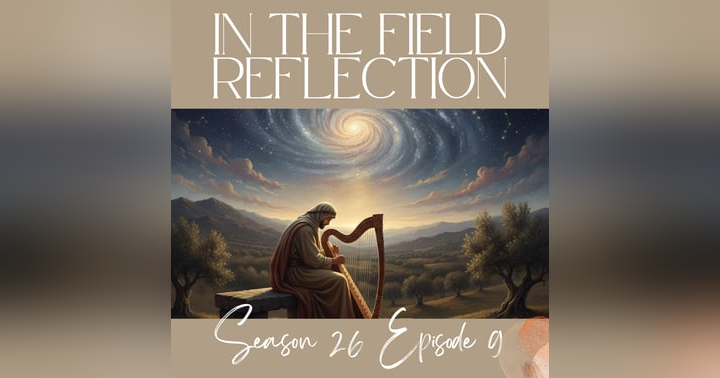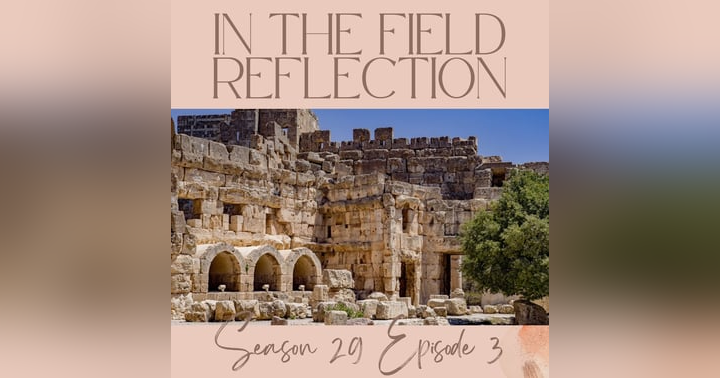Tears of Joy: Finding Freedom in Surrender

Galatians 5 stands as one of the most powerful declarations of spiritual freedom in the entire Bible. Paul, writing with urgency and passion, delivers a message that resonates as strongly today as it did with the early church in Galatia. This chapter isn't merely a theological discourse; it's a liberation cry that cuts to the very heart of what it means to live as followers of Christ—discovering true freedom in surrender.
The opening declaration sets the tone for the entire passage: "For freedom Christ has set us free." With these words, Paul establishes the foundational truth that freedom isn't just a byproduct of salvation—it's the very purpose of Christ's redemptive work. The apostle goes on to issue a strong warning against returning to religious systems that emphasize external compliance over internal transformation. For the Galatians, the specific issue was circumcision, but the principle extends to any attempt to earn God's favor through human effort or religious performance.
Paul's language becomes increasingly urgent as he describes what's at stake. He states boldly that those who seek justification through law-keeping have "fallen away from grace." This doesn't mean they've lost salvation, but rather that they've stepped away from the operating system of grace into the crushing machinery of performance-based religion. The contrast couldn't be more stark—one path leads to freedom, the other to slavery. One path is marked by restful trust in Christ's finished work, the other by anxious striving to measure up.
The heart of Galatians 5 lies in Paul's invitation to "live by the Spirit" rather than gratifying "the desires of the flesh." Here, Paul isn't simply contrasting physical desires with spiritual aspirations. He's describing two fundamentally different ways of living—one rooted in self-reliance, pride, and human effort; the other flowing from surrender, humility, and dependence on God's Spirit. The manifestations of these two paths are clear: the works of the flesh lead to division, destruction, and death, while the fruit of the Spirit brings wholeness, harmony, and life.
Perhaps the most transformative aspect of this chapter is Paul's description of the fruit that naturally emerges when we walk by the Spirit: "love, joy, peace, patience, kindness, generosity, faithfulness, gentleness, and self-control." Notice that Paul calls these qualities "fruit" rather than "works." Fruit isn't produced through striving or effort—it grows naturally when the conditions are right. Spiritual fruit isn't something we achieve through determination; it's what emerges when we remain connected to Christ and allow his Spirit to flow through us. This is the essence of the freedom Paul describes—not freedom to do whatever we want, but freedom to become who we were created to be.



